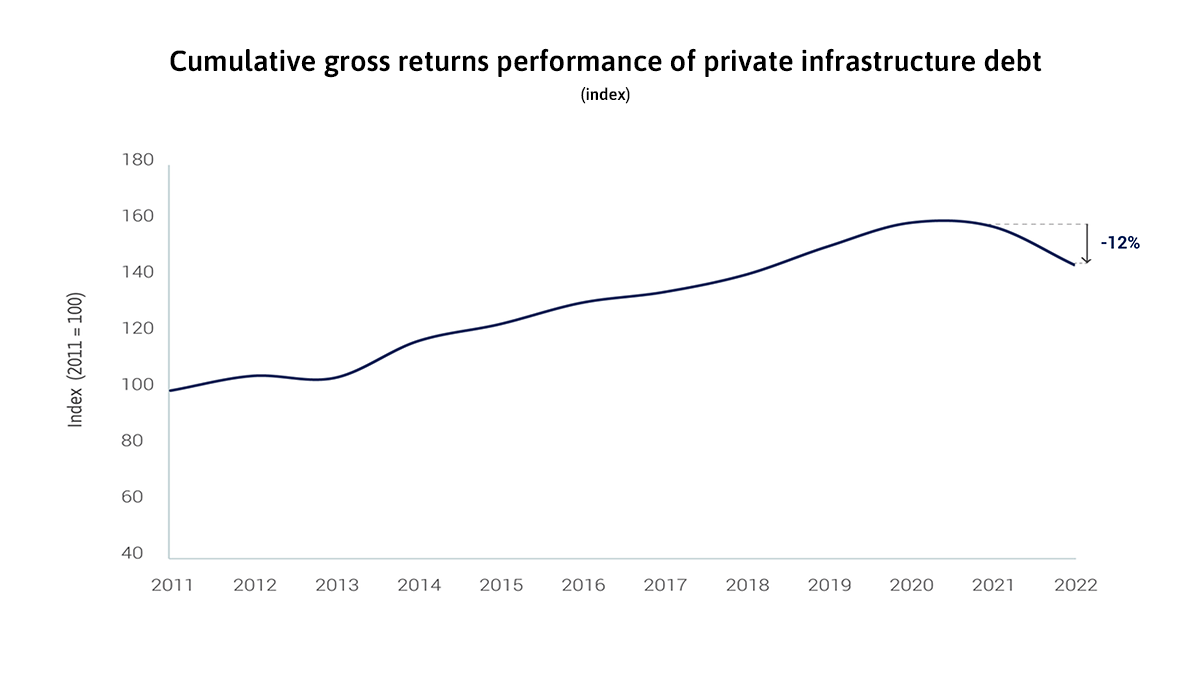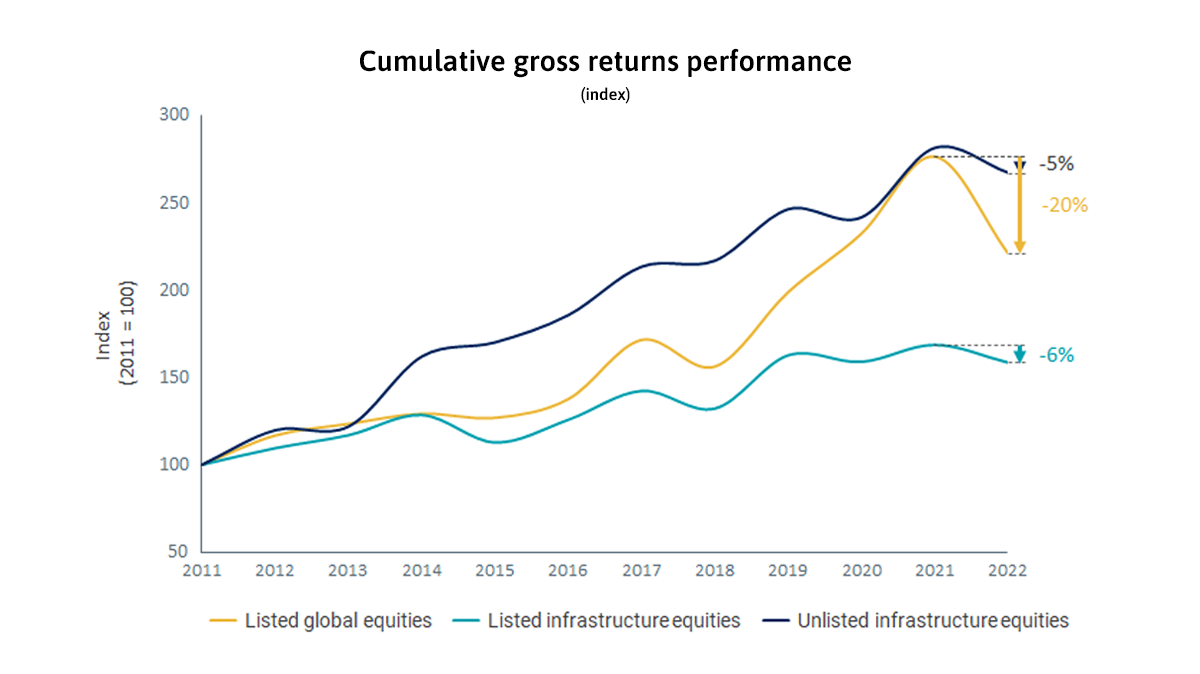1740 results found
Featured results



More results
To mark International Women’s Day 2023 we invited infrastructure students from University College London to quiz GI Hub leaders on how innovation and technology can advance gender equality.
This week the Australian British Chamber of Commerce, the GI Hub and KPMG co-hosted an intimate infrastructure roundtable with the Lord Mayor of the City of London and senior Australian private sector participants, industry associations, think tanks, government, and infrastructure agencies.
The first meeting under the Indian G20 Presidency of the G20 Finance Ministers and Central Bank Governors in Bengaluru, India was a productive meeting, despite the ongoing problems evident on the global stage. Our CEO Marie Lam-Frendo discusses the outcomes.
In this Q&A we speak to IRIS CEO and Co-founder Emil Sylvester Ramos, to find out how winning the GI Hub’s 2021 innovation competition has helped IRIS to scale globally and reach emerging markets.
Mastercard worked with Transport for London to complement TfL’s closed-loop Oyster system with open-loop EMV payment acceptance, which enables riders to use their own payment card or an enabled device that they already carry with them to pay for public transit. TfL was the first transport system to implement an open-loop EMV payment system.
This report was produced by an expert panel tasked with independent review of multilateral development banks’ capital adequacy frameworks. This panel was convened by the G20 to provide benchmarks to evaluate MDB capital adequacy frameworks and to enable stakeholders to develop a consistent understanding and consider potential adaptations to maximise MDBs' funding capacity.

The Miundo Misingi Hub capacity-building program in Africa is improving collaboration between the public and private sectors and shifting the continent's infrastructure financing.

Rapid and sharp interest rate hikes in 2022 lowered the market value of existing infrastructure debt locked-in at the previous lower rates. Still, the attractiveness of infrastructure debt increased among private investors on account of its lower credit risk than corporate debt and increasing investors’ risk aversion


The InterAmerican Development Bank´s Sustainable Infrastructure Framework aims to help foster shared understanding of the key dimensions and attributes of sustainable infrastructure. The IDB Framework was adapted to Mexico after a thorough analysis of Mexico’s national development strategy and infrastructure investment priorities, in close collaboration with relevant stakeholders.
Amidst rising interest rates and soaring inflation, infrastructure debt is an increasingly attractive investment strategy for private investors. Alex Murray, Vice President, Research Insights, Preqin explores this trend and what it means for infrastructure investments.
Post-COP15, GI Hub's Strategic Adviser Denis Crevier explores some meaningful outcomes for biodiversity and its influence on infrastructure.
What qualifies as critical infrastructure, and what can governments and industry do to increase its resilience? We spoke to four experts for their perspectives.

Infrastructure equities provide stronger protection against inflation shocks than the broader equity market. During the rapid inflation shocks in 2022, the return on infrastructure equities was more resilient than that on global equities, which drove private fundraising for infrastructure to record levels.


Watch our CEO Marie Lam-Frendo explore solutions and challenges for decarbonising the transport sector in the latest episode of CNBC's 'Greenprint for a Sustainable Future’ series.
EBRD’s Director of Sustainable Infrastructure Policy and Project Preparation Matthew Jordan-Tank shares insights on how Egypt’s 6th of October Dry Port supports sustainable infrastructure development.
A summary of the first G20 Infrastructure Working Group meeting under the Indian G20 Presidency in January 2023
In this Q&A our CEO, Marie Lam-Frendo explores how the G20 has the power to help bridge the current infrastructure investment gap - a gap that is hindering strong, sustainable development.

In 2021, private investment in infrastructure projects in primary markets recovered to its pre-pandemic level but remains stagnant and far shy of what is needed to close the infrastructure investment gap.


This book questions the premise that Public-Private Partnerships (PPPs) have a performance advantage over traditionally procured projects. It examines novel research comparing the differences in performance between PPP and traditionally procured infrastructure projects and thoughtfully scrutinises the supposed advantages of PPPs.





 Inclusive Infrastructure
Inclusive Infrastructure














